Last Thursday, during our HeartWork Sustainability Community mastermind session—a circle of sustainability managers, directors, and professionals—we worked on a powerful case. A group sustainability manager shared her struggle: her company set ambitious sustainability goals at the top, handed her a mandate, a team, a budget, and then said, “Come back when it’s done.” On paper, it looked like a dream job. But in reality? She stood alone.
There was no heart in it—no shared responsibility, no leadership truly owning sustainability. The company’s primary focus remains profitability and top line growth, which stands in contrast to sustainability. Genuine sustainability requires consuming less, producing in balance with nature, and asking questions like this:
What materials do we use?
How are they produced?
Where do they come from?
Let’s look at the example of Patagonia and their journey with organic cotton. They refused to accept lifeless soil saturated with pesticides and herbicides. The way that “regular” cotton is produced is that first, everything in the soil is killed. The growers bring out pesticides and herbicides, so the soil is literally dead—there is no life in it. Then they plant the cotton seed. While the cotton is growing, it is sprayed with lots of pesticides so that when it is harvested, it’s clean: no insects, no other plants. It goes very clean to the mill, where the cotton is spun into yarn that can be used to weave cotton clothing.
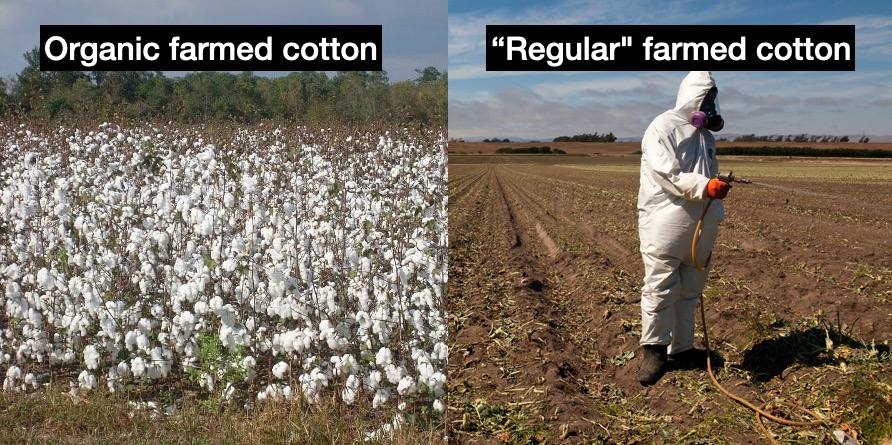
Instead, Patagonia chose the hard road: growing cotton where life thrives, free of chemicals. This meant finding a grower who is willing to do this. And the process has to deal with leaves, pollen, and insects in the harvested cotton, which challenges the mills to process it. Every time they process Patagonia organic cotton, afterwards they need to clean the mill from top to bottom. Together with creative producers, Patagonia even delivers the cotton frozen so debris and insects could be combed out more easily. This level of care doesn’t come from data and KPIs—it comes from heart, sacrifice, and a genuine will to do what’s right, in harmony with people and planet.
We saw the opposite firsthand during a visit to Dharavi, the largest slum in Mumbai, last December. We saw people sitting in the dust, sifting plastic by hand, sorting what can and can’t be recycled. We saw people sitting on concrete floors fabricating suitcases for Away, according to our tour guide. Tiny sweatshops in unbearable heat, where people sew clothes for long hours. That specific sweatshop was sewing a huge batch of men’s trousers for Zara. This is not taking good care of your human resources. It is not balance. This is not justice.
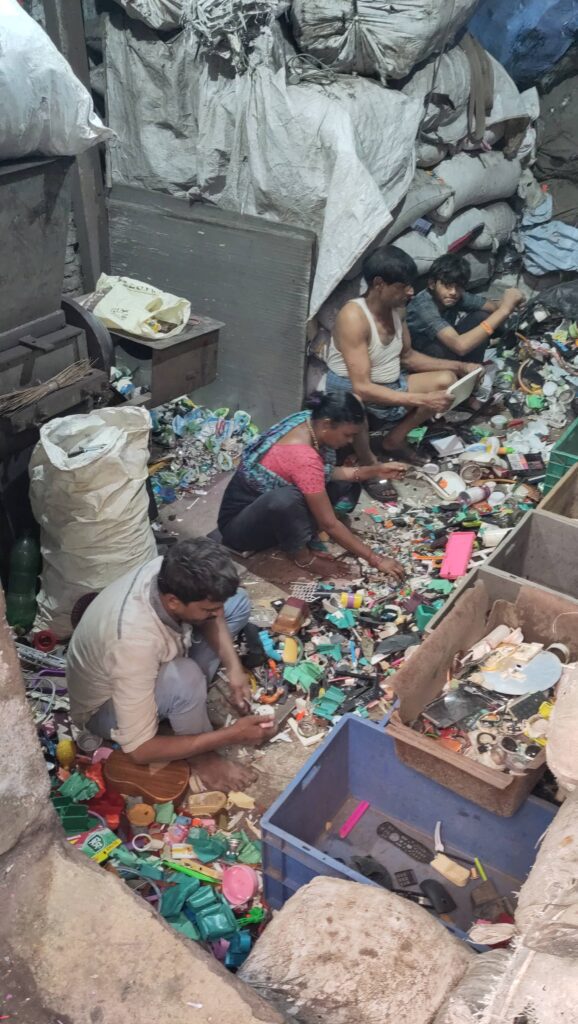
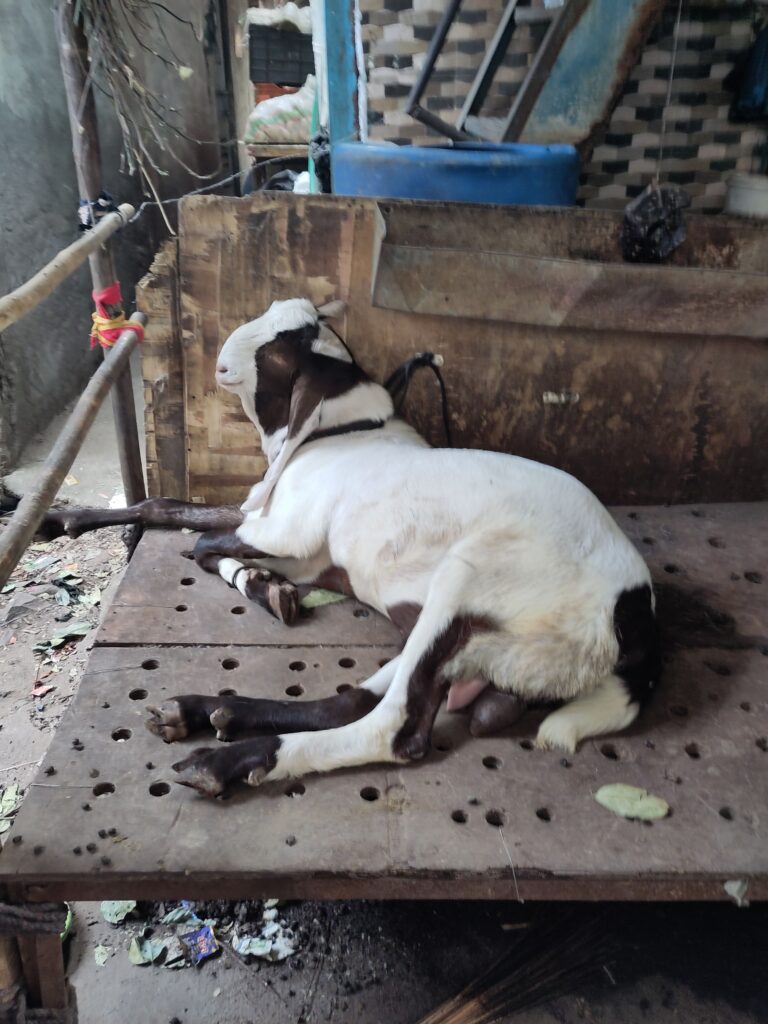
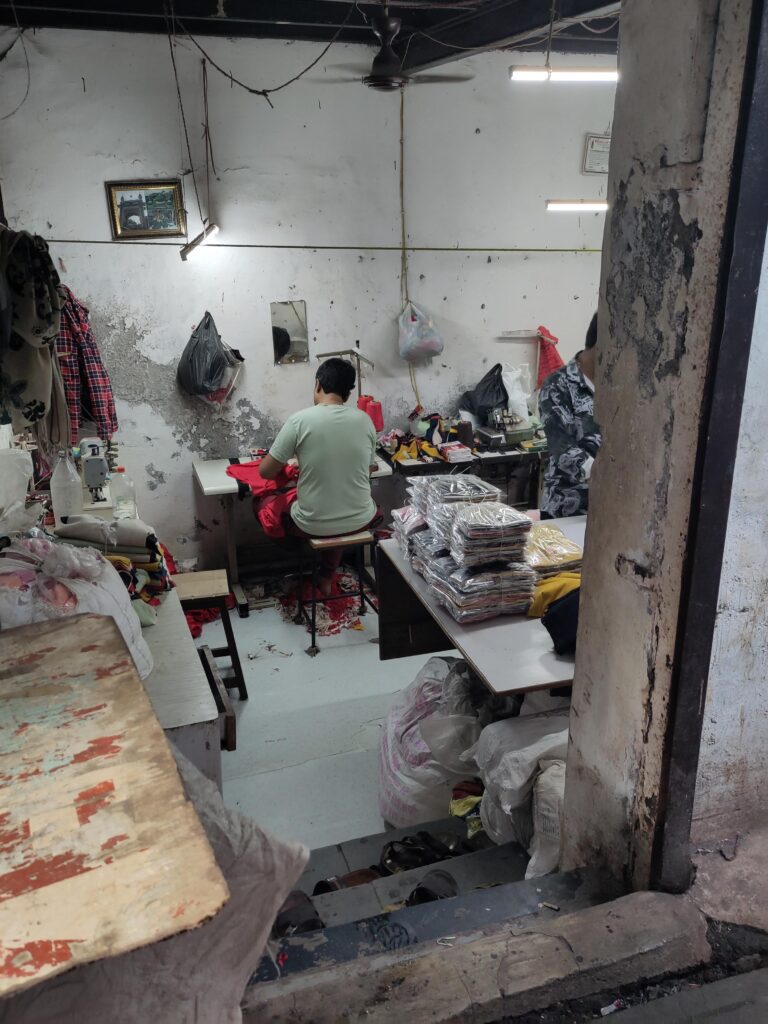

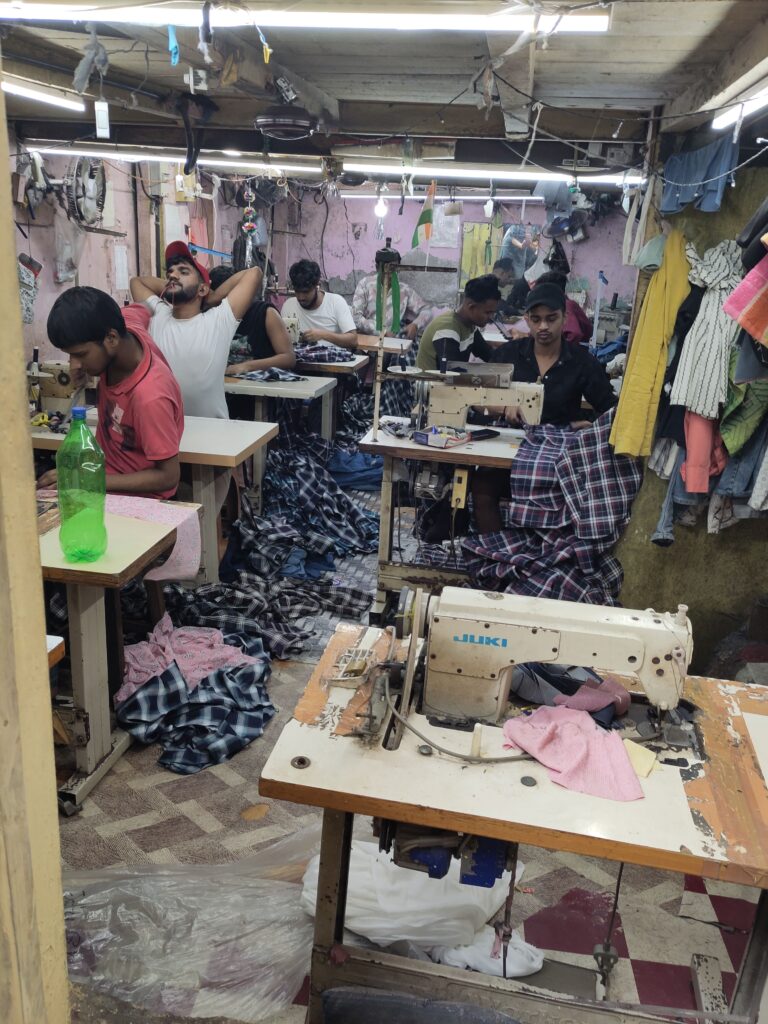
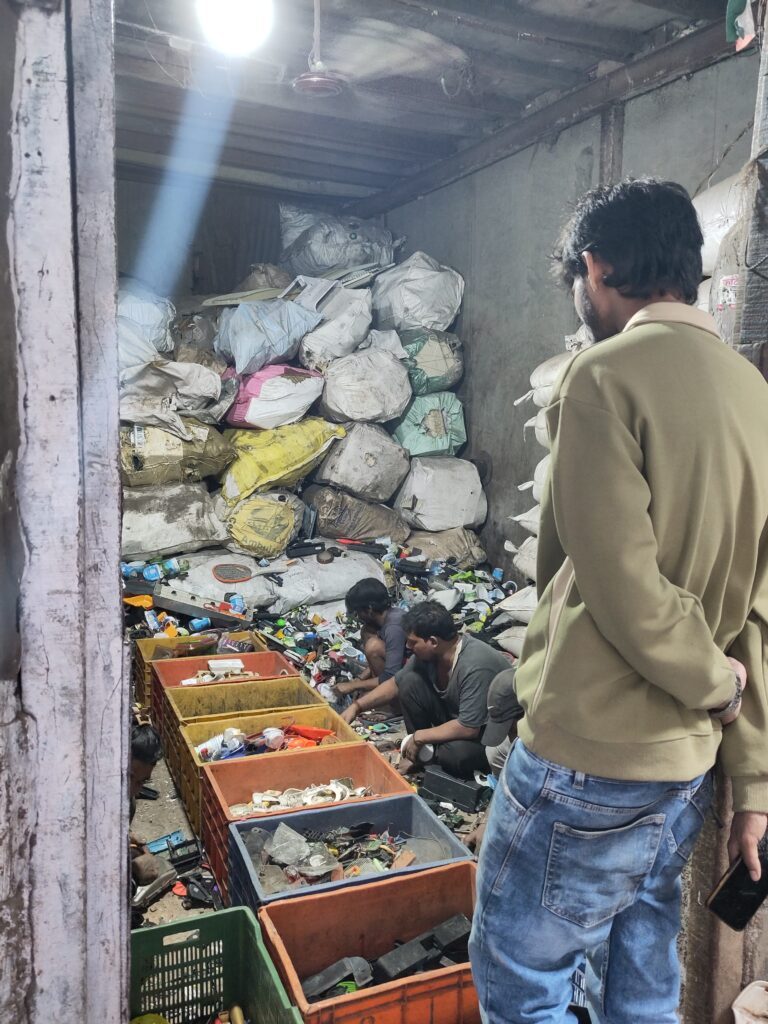
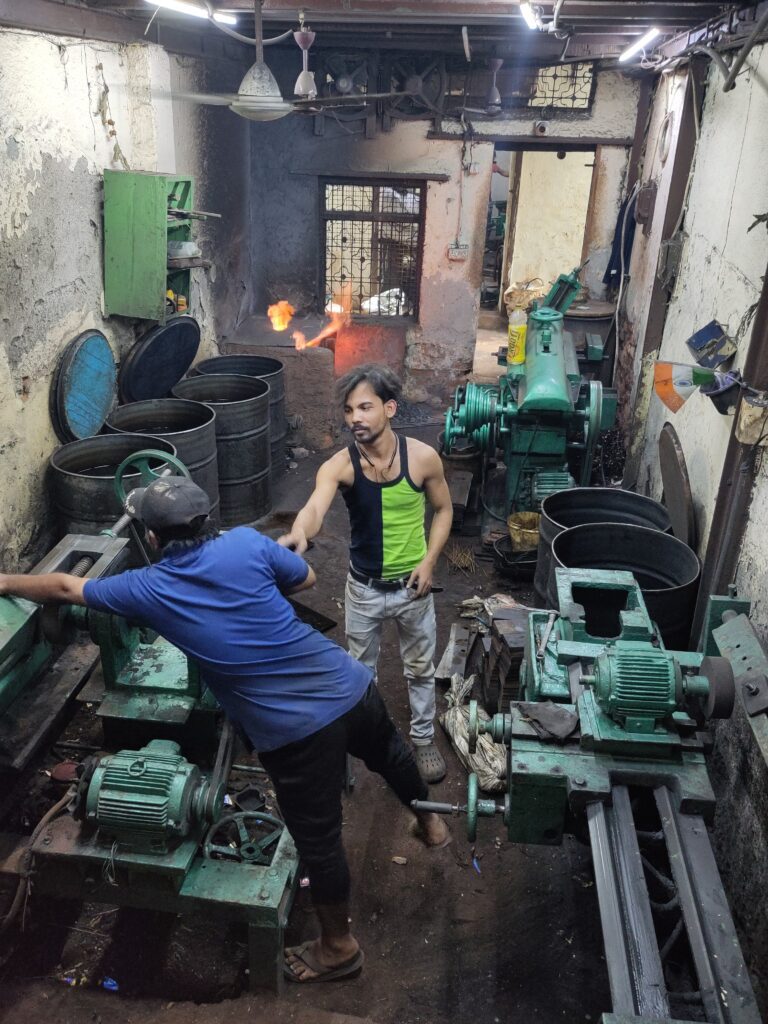
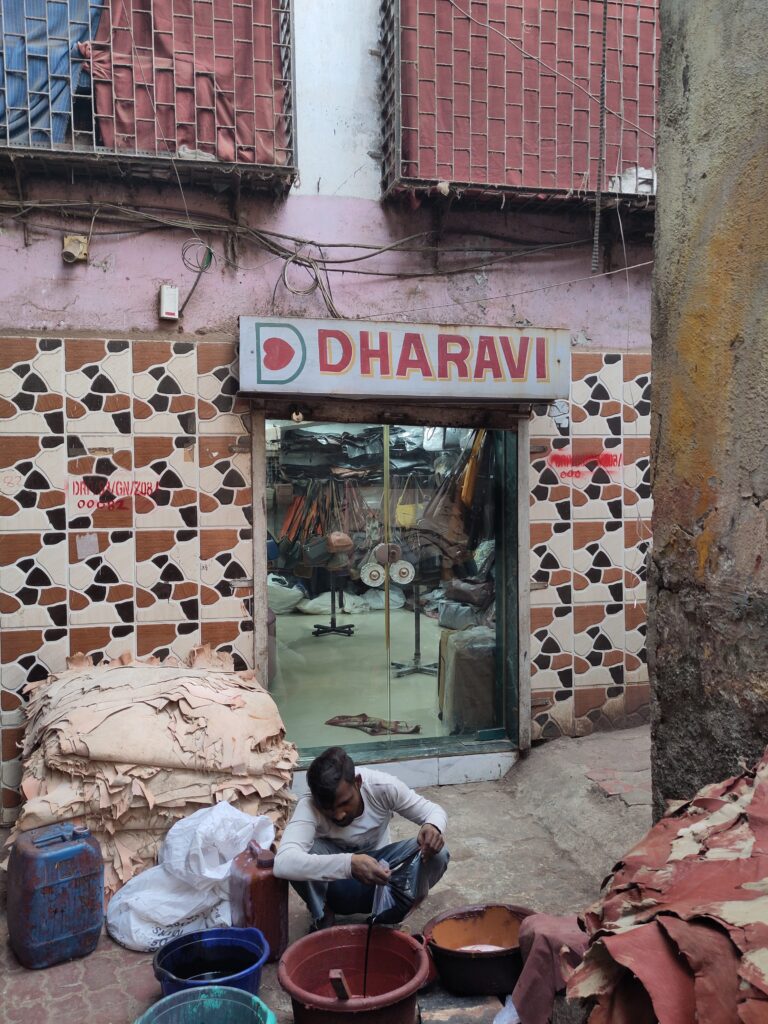
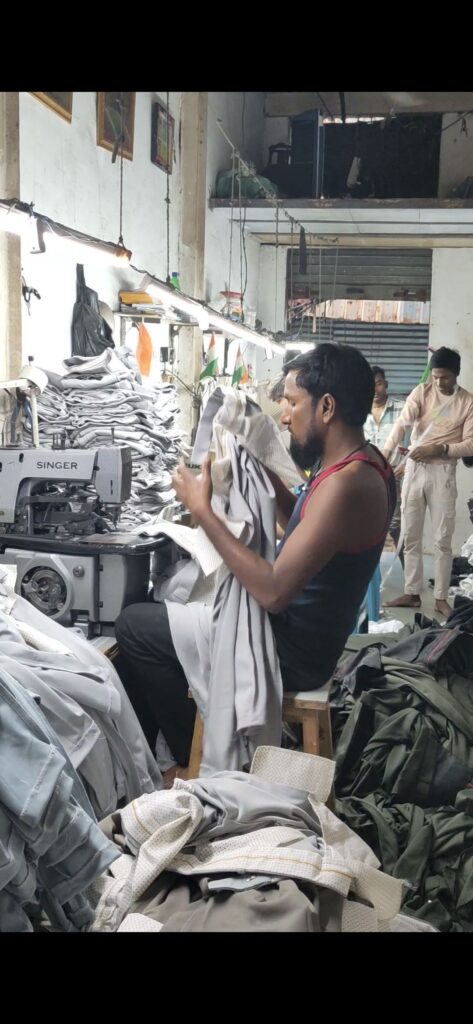
This complacency of leaving the way things are and believing that we have no agency is not just in business. It’s also in politics. Recently, our group from Food for Thought Afghanistan was invited to a summit in Geneva, organised by Afghans to address the brutal gender apartheid enforced by the Taliban. We heard and shared the chilling accounts from our group of Afghan women rights defenders who we are bringing to safety: women and men arrested in the middle at the night, beaten, tortured, sexually violated for months—and those are the ones who survive. There are also unaccounted human rights defenders where we don’t know what happened them. Present at the summit were people like Richard Bennett, UN Special Rapporteur, and representatives of UNHCR and OMCT. And yet, we heard the same refrain: “No political will. No funding.”
And there we were, sharing what is possible when you act from the heart. With no institutional power, no massive funding, HeartWork and Food for Thought Afghanistan are evacuating 60 well known Afghan women human rights defenders who have been abandoned by the “International Community”—driven by dedication, love, and the generosity of ordinary people. We work with the Brazilian government, with UNHCR, and with a million individuals who signed our 2 petitions and donated via Avaaz.
Everything happens by people. We look to organisations, governments, and institutions to do what’s right and “save” us, and that blinds us. We see them as more powerful than us, but they are made of people—and we are people too. The power is truly with us. When we discover what really matters to us—what our passion is, what future we wish to create, how we want to leave the world to our children—we find so much power when we come together. We’ve just been habitually trained to give it away, over and over.
The heart of the matter is this: We will not be truly at peace if others are suffering. We cannot build islands of safety in Europe or anywhere else and believe we are free from the storm. The world is deeply interconnected. The wars, the injustices, the environmental destruction—they all touch us.
And what is within our power? Our thoughts, our words, our actions.
As Viktor Frankl – Austrian psychologist and holocaust survivor – wrote in “Man’s Search for Meaning“, the last of human freedoms is to choose one’s attitude in any given set of circumstances.
We have created the illusion of scarcity and limitation. But in truth, our potential for personal and spiritual growth is boundless. When we shift from fear to fearlessness, from isolation to connection, from complacency to courageous action we unlock the power to create the world that we all want to live in.
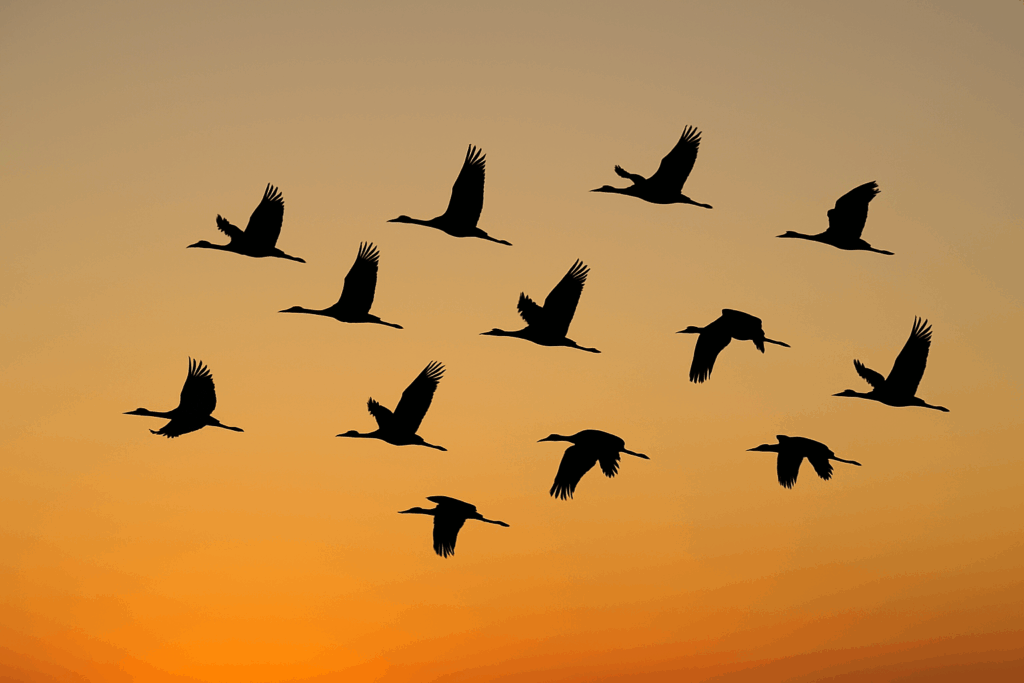
My invitation to you: let’s return to the heart of the matter.
- What will it be like to step into harmony, to feel the flow and connectivity of everything, and how all is already in equilibrium today?
- How will it be to step into magnetism, to be attractive to everything good in life, to the point where we start flourishing like a flower, and all abundance flows from that?
- How will it be to step into boundlessness, to feel the possibilities of everything in our life—moving from adventure, with that tingling of fear and excitement, to the realisation that everything is without bounds, without limits?
Everything is already there and available. We have created scarcity, but this world has everything – it is all already abundant.
- When we move from acceptance—accepting ourselves, our thoughts, emotions, and shortcomings—we take the first step.
- From there, we can move to the acceptance of others, with their faults and shortcomings.
- This leads us into universal love, where we can love what is without judgment or making it wrong. From that place, we step into the motion of doing what’s right.
When we act out of that loving intent, from the heart, we have unlimited potentiality. Not tomorrow or some distant future. Today, right in this moment.

